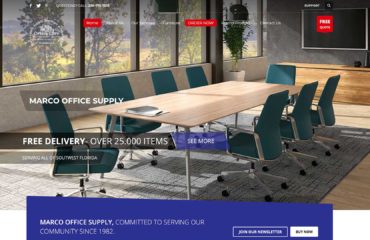The current COVID -19 pandemic highlighted the importance of maintaining a safe and healthy work environment. In response to the past year, it is a good idea for business owners to add deep cleaning to their regular maintenance schedules to keep employees and customers safe, which will reduce exposure to pathogens that collect on surfaces, including metals, laminated surfaces, wood, natural stone, upholstery, fabric, and carpet. Deep cleaning needs to be a habit, not just a spring cleaning or off-season thought. A cleaner environment means happier, healthier, and more productive employees. Studies shown by the EPA suggest that indoor air quality is one of the greatest contributors to a healthy workplace. As businesses resume normal operations and customers are venturing back out, the top priority should be keeping staff and clientele as safe as possible. Customers have more confidence going into your business when they feel you have prioritized their health. A clean building is a testament to your understanding of their concerns. Your brand will benefit as potential customers associate it with dedication to the health and safety of staff and consumers.
THREE COMPONENTS TO DEEP CLEAN ARE:
1. Cleaning dirt and debris.
2. Disinfecting regularly to kill a range of microorganisms
such as viruses, fungus and mold.
3. Sanitation to reduce bacteria on surfaces.
WHAT TO THINK ABOUT
- Develop a plan – Determine what needs to be cleaned daily, weekly, monthly, etc. Do this by considering the surfaces and how often it is touched. Prioritize high touch surfaces.
- Keep clean high touch constantly. Examples are pens, counters, shopping carts, tables, doorknobs, light switches, handles, stair rails, elevator buttons, desk, phones, toilets, faucets and sinks.
- Do disinfect after you have cleaned.
- Consider resources, equipment and product needed. Meet with an expert in the field who deals in product and surfaces.
- Make sure your staff and hired cleaners are trained on cleaning methods including product usage.
- Stay on top of your cleaning companies. Are they making the effort to follow your plans as instructed or just emptying the garbage and running a quick vacuum through your office?
- Know what employees have special conditions such as asthma or allergies to certain chemicals.
- Do you have a symmetry plan laid out for your building, warehouse, school, etc.



